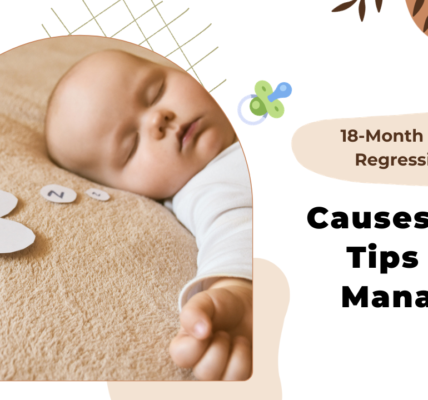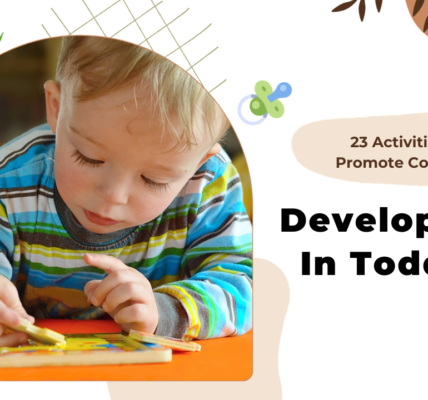Unlocking the Mystery of Stuttering in Toddlers: Causes, Symptoms, and Treatment
Stuttering in toddlers can be a cause of concern for parents and caregivers, but it’s important to know that it’s a normal part of speech development in many cases. In this comprehensive guide, we’ll delve into the causes, early symptoms, and available treatments for stuttering for the kids.
Understanding Stuttering in Toddlers
Stuttering in toddlers is a speech disorder characterized by disruptions in the normal flow of speech. These disruptions can manifest as repetitions of sounds, syllables, or words, prolongations of sounds, and frequent hesitations.
Causes of Stuttering in Toddlers
1. Normal Speech Development
Stuttering can be a part of normal speech development as a toddler’s brain grapples with complex language and communication.
2. Genetic Factors
A family history of stuttering can increase the risk of a toddler developing the condition.
3. Speech and Language Skills
Toddlers with advanced speech and language skills may experience stuttering as they attempt to express complex thoughts.
4. Emotional Factors
Stress, anxiety, and emotional factors can contribute to stuttering episodes in toddlers.
5. Environmental Factors
The pace of the family environment and exposure to stressful situations can trigger or exacerbate stuttering.
Symptoms of Stuttering in Toddlers
Recognizing the symptoms of stuttering in kids is crucial for early intervention:
- Repetition of sounds, syllables, or words (e.g., “I-I-I want that.”)
- Prolongation of sounds (e.g., “Ssssssee my toy?”)
- Frequent hesitations when speaking (e.g., long pauses between words)
- Tension or frustration when attempting to speak fluently
Treatment for Stuttering in kids
1. Parental Support
The cornerstone of stuttering treatment is parental support. Create a relaxed and nurturing environment to alleviate stress and anxiety.
2. Speech-Language Therapy
For persistent or severe cases, consider speech-language therapy with a certified therapist. This therapy focuses on improving fluency and communication skills.
3. Encourage Slow and Calm Speech
Encourage your child to speak slowly and calmly. Avoid interrupting or completing their sentences.
4. Promote Relaxation
Teach relaxation techniques, such as deep breathing, to help your child manage anxiety during speech.
5. Seek Professional Evaluation
If stuttering persists beyond six months or worsens, consult a speech-language pathologist for a comprehensive evaluation.
Conclusion
Stuttering in toddlers is often a natural part of language development and, in most cases, resolves on its own. However, understanding the causes, early symptoms, and available treatment options can help parents and caregivers provide the necessary support. Remember that parental support and a relaxed environment play a vital role in helping your child overcome stuttering.
FAQs on Stuttering in Toddlers
FAQ 1: Is stuttering in toddlers a sign of a speech disorder?
Ans 1: Stuttering in kids is often a normal part of speech development and not necessarily a sign of a disorder.
FAQ 2: When should I be concerned about my toddler’s stuttering?
Ans 2: You should be concerned if your toddler’s stuttering persists beyond six months or worsens over time.
FAQ 3: Can stuttering in kids be hereditary?
Ans 3: Yes, a family history of stuttering can increase the likelihood of a toddler developing the condition.
FAQ 4: How can I support my toddler who stutters?
Ans 4: Support your toddler by creating a relaxed environment, avoiding interruptions, and encouraging them to speak at their own pace.
FAQ 5: Is speech therapy necessary for all toddlers who stutter?
Ans 5: Speech therapy is typically recommended for toddlers with persistent or severe stuttering.
FAQ 6: Can emotional factors contribute to stuttering in kids?
Ans 6: Yes, stress, anxiety, and emotional factors can contribute to stuttering episodes in toddlers.
FAQ 7: Can toddlers outgrow stuttering on their own?
Ans 7: Many toddlers naturally outgrow stuttering as they develop their language skills.
FAQ 8: What should I do if my toddler’s stuttering doesn’t improve?
Ans 8: If your toddler’s stuttering persists beyond six months or worsens, consult a speech-language pathologist for an evaluation.
FAQ 9: How can I help my toddler relax during speech?
Ans 9: Teach your child relaxation techniques like deep breathing to manage anxiety during speech.
FAQ 10: What role do environmental factors play in stuttering in toddlers?
Ans 10: A fast-paced or stressful family environment can sometimes trigger stuttering in kids. Creating a calm atmosphere is helpful.
This comprehensive guide provides valuable insights into helping your toddler overcome stuttering problem. By implementing these strategies and seeking professional guidance when necessary, you can improve your child’s speech development. For more information on parenting and child development, visit Parentology.





